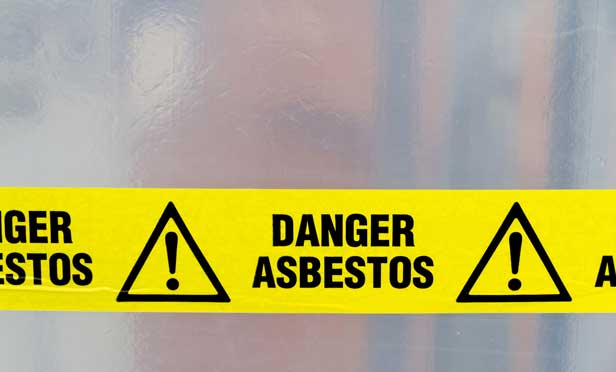As the Pennsylvania Supreme Court heard arguments Wednesday in Rost v. Ford Motor over use of the “any exposure” theory by an expert witness in an asbestos trial, the discussion dipped into the territory of “magic words” and hypothetical questions, but one question remained at the core of the conversation: Did Dr. Arthur Frank lay out a sufficient basis for his testimony that Richard Rost’s exposure to Ford Motor Co. products was a causative factor in his developing mesothelioma?
According to Robert L. Byer of Duane Morris, arguing on behalf of Ford, Frank responded to a hypothetical proposed to him by indicating that any exposure to asbestos can cause mesothelioma. In attempting to further explain his opinion, Byer said, Frank reverted to a theory of cumulative exposure that Byer said is indistinguishable from the any-exposure theory the Supreme Court has said cannot be introduced.
This content has been archived. It is available through our partners, LexisNexis® and Bloomberg Law.
To view this content, please continue to their sites.
Not a Lexis Subscriber?
Subscribe Now
Not a Bloomberg Law Subscriber?
Subscribe Now
LexisNexis® and Bloomberg Law are third party online distributors of the broad collection of current and archived versions of ALM's legal news publications. LexisNexis® and Bloomberg Law customers are able to access and use ALM's content, including content from the National Law Journal, The American Lawyer, Legaltech News, The New York Law Journal, and Corporate Counsel, as well as other sources of legal information.
For questions call 1-877-256-2472 or contact us at [email protected]



